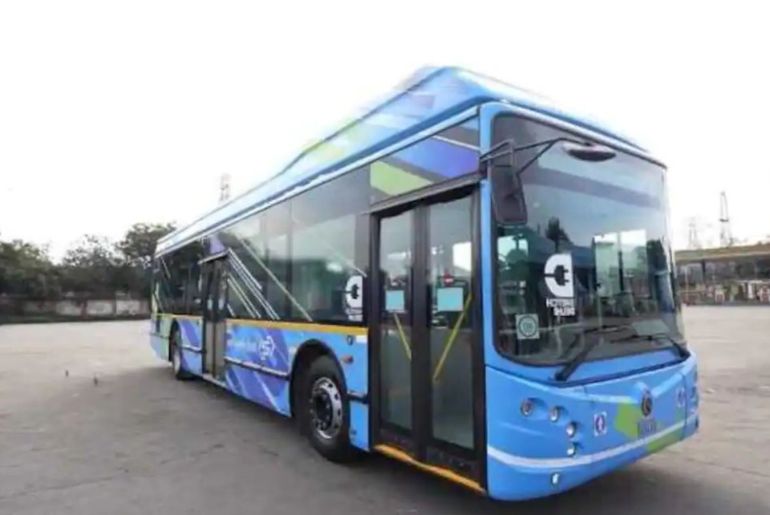In a major move to accelerate its push for clean public transport, the Delhi government today flagged off 50 brand-new electric buses and inaugurated an Automated Testing Station (ATS) at the Tehkhand depot. The deployment underscores Delhi’s ongoing commitment to modernising its public transport infrastructure and significantly cutting carbon emissions across the city.
E-Bus Fleet Expansion for Cleaner Transit
The fleet comprises 30 12-metre low-floor AC e-buses and 20 9-metre units, all equipped with modern amenities such as GPS, CCTV, and panic buttons—designed for enhanced passenger safety and convenience. These additions are expected to bolster Delhi’s electric public transport capacity and provide a more sustainable alternative to traditional diesel buses.
High-Tech Testing with Automated Efficiency
The newly launched ATS at Tehkhand features a four-lane automated system capable of testing over 72,000 vehicles annually, including two-wheelers, light commercial vehicles, and heavy vehicles. Established at a cost of ₹10 crore, the station aims to standardise vehicle fitness checks using advanced digital protocols covering emissions, brakes, suspensions, and more.
Government’s Push for Green Mobility
Delhi’s Chief Minister Rekha Gupta highlighted the significant environmental benefits of the rollout, noting that commercial vehicles are a major source of urban pollution. By expanding its e-bus fleet and introducing a high-tech test facility, the government aims to enhance accountability, reduce emissions, and provide safer transport for residents.
Long-Term Impact on Urban Transport
Analysts believe that this dual investment in sustainable mobility and regulatory infrastructure could reshape Delhi’s public transport system. The e-buses will help decrease fuel costs and carbon footprint, while the ATS will streamline compliance, reduce inspection times, and incentivise cleaner vehicle adoption across the capital.

